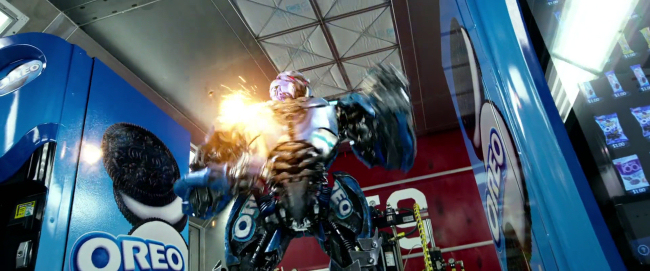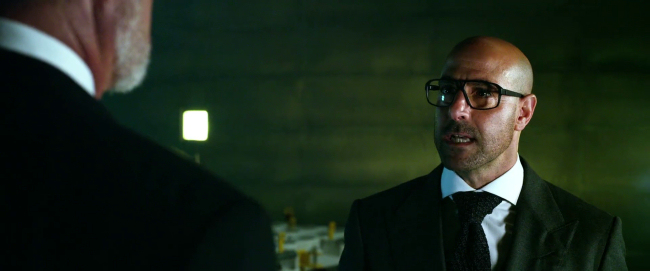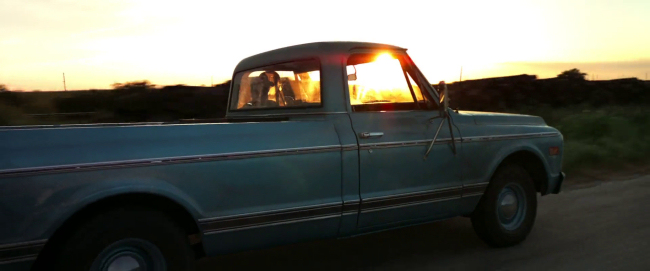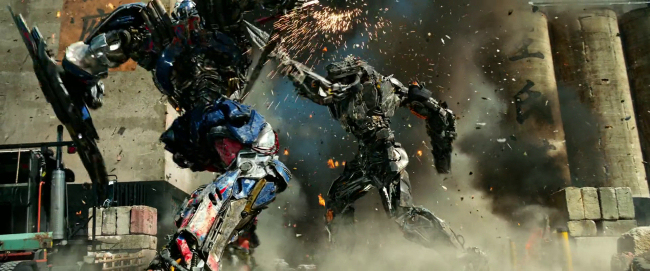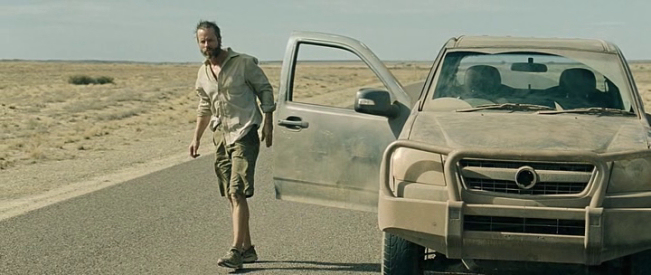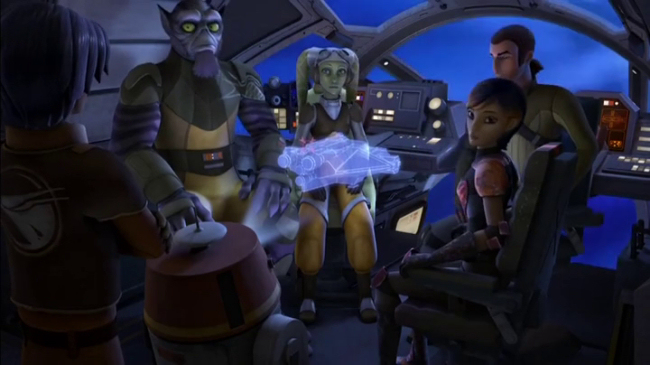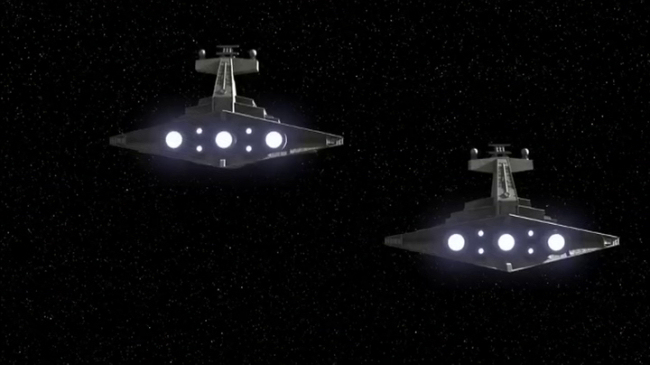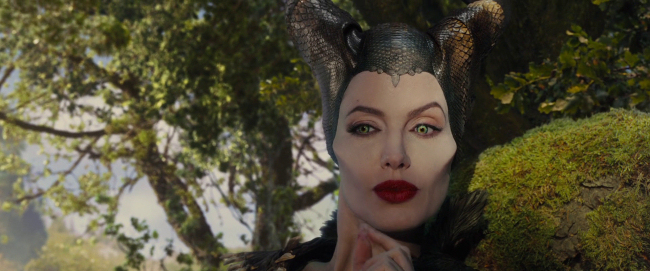
There are a lot of movies about basically decent guys having their lives ruined by gorgeous women who seduce them and then turn out to be psychopaths. The first half of 2014's Thorn (가시, literally "Thorn"--pointless new English title: Innocent Thing) seems like it's that kind of movie. Then it does something interesting that looks like it might subvert that kind of movie. Then it goes back to being that kind of movie, unfortunately. There is some subtlety and insight in the way the characters are crafted in this very psychological film, but there's too much superficiality where it really counts.
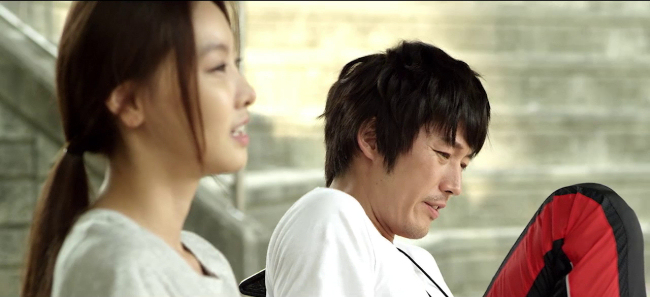
Joon-ki (Jang Hyuk) is a P.E. teacher at an all girl high school. An all improbably perfect looking girl high school.

He also has an improbably beautiful assistant teacher, Min-joo (Lee Do-ah), who is also an old friend and possible soul mate. But Joon-ki is married to Seo-yeon (Sunwoo Sun) who's pregnant with their first child--this, we learn, being the reason they got married. In one uncomfortable dinner scene with Seo-yeon's family, her father mentions irritably how he was the one who'd gotten Joon-ki the teaching job. A job Joon-ki hates--he'd been an aspiring professional rugby player before the marriage.

Into this certainly thorny situation comes Young-eun (Jo Bo-ah), one of Joon-ki's students. All the girls have crushes on the handsome young Joon-ki--the whole universe seems to revolve around this guy in fact--but Young-eun has the kind of crush where she tells Seo-yeon, while taking tutoring lessons from her to secretly get closer to Joon-ki, that she'd cut off her leg for the man she loves.

Jo Bo-ah as Young-eun is truly gorgeous. Whatever problems this movie has, it really is nice just to look at her, so if nothing else, it has that. She gives a decent performance too, with the wide fixed eyes of the obsessed kid. She has all the typical signs of eventually turning out to be a killer--playing with an x-acto knife, slashing a girl's face because Joon-ki used her to demonstrate how to perform CPR. But I don't understand why the movie couldn't spare a moment to reflect on the flaw in the personality of a guy who would actually be turned on for being the object of this kind of obsession. Young-eun is a kid and her infatuation is clearly all about finding her identity--she talks about cutting off her leg because it's drastic, not about doing something that Joon-ki might actually want. A guy who responds to this kind of "pure love" is not likely to have great capacity for empathy himself.

But in a twist that is genuinely interesting in the middle of the film, personality flaws in the other female characters are the only ones dwelt upon. And then when the twist ends up being more or less a red herring, it becomes a pretty straight forward story about one ordinary guy--with kind of an indistinct personality, actually--surrounded by gorgeous women who are all working to ruin his life in one way or another. This movie came out this year and Vertigo came out in 1958 but Vertigo feels like a rather progressive subversion of the kind of film Thorn is.
Twitter Sonnet #691
Rotund torpedo dockets spell "mallard".
The turtle stripe is a stripper arm chair.
Tank streamers foretold of J.G. Ballard.
Blue yarn frayed out ice in the frigidaire.
Demeter dementia makes hay in living grass.
Unseen fish follow up on scale status.
Houses of talking eels'll jeer the bass.
Cross supplied whole fish for Mister Gittes.
Church dead tree drums impregnate the lost flute.
Links under console are taken by cups.
The funk doubled in fluid through the boot.
The white owlet downs'll outfluff the ups.
Misled dust descended on the mouth pool.
Outdated scotch tape sticks to hippo wool.

